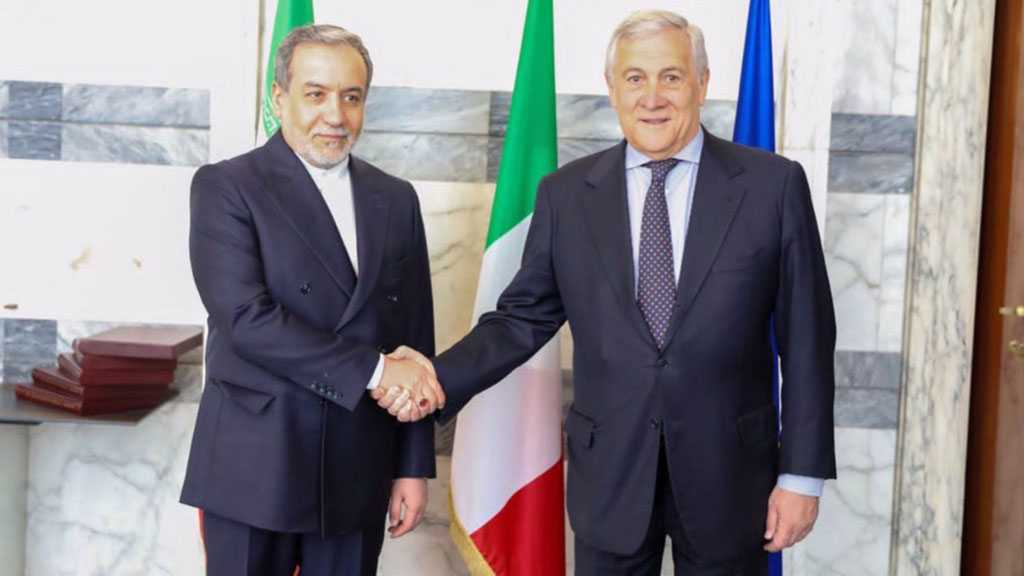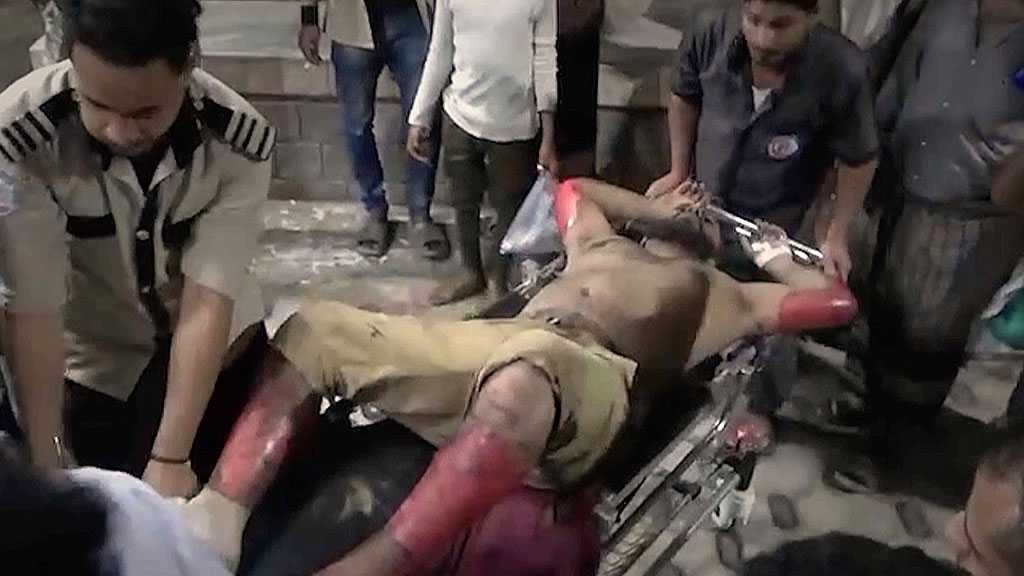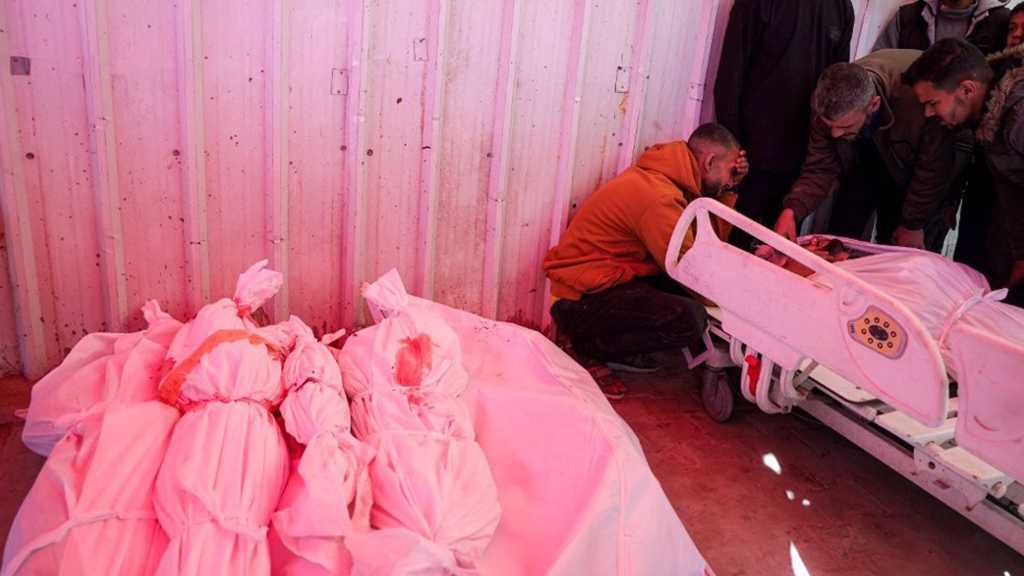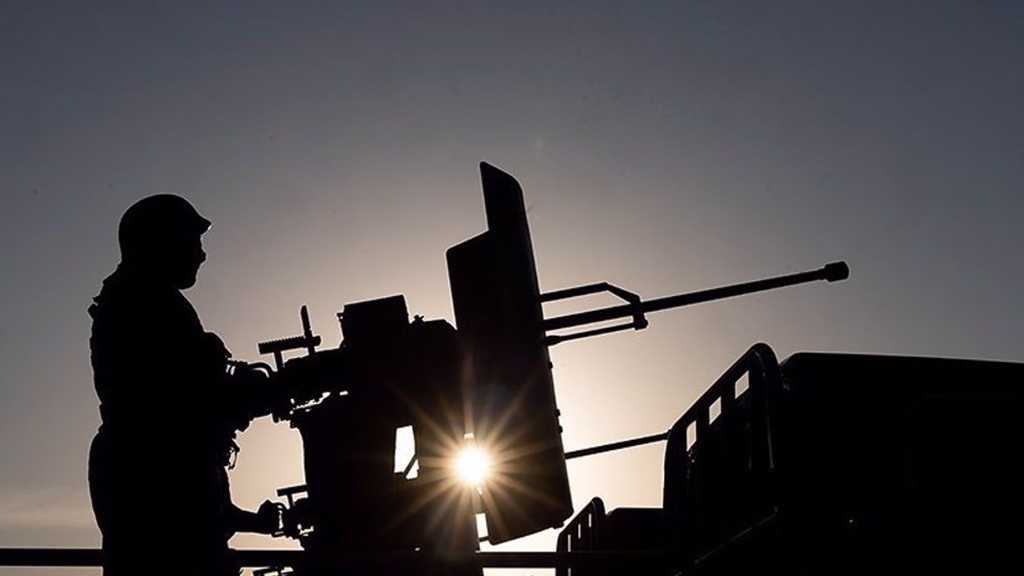Japan to Extend State of Emergency amid Fears of COVID-19 Second Wave
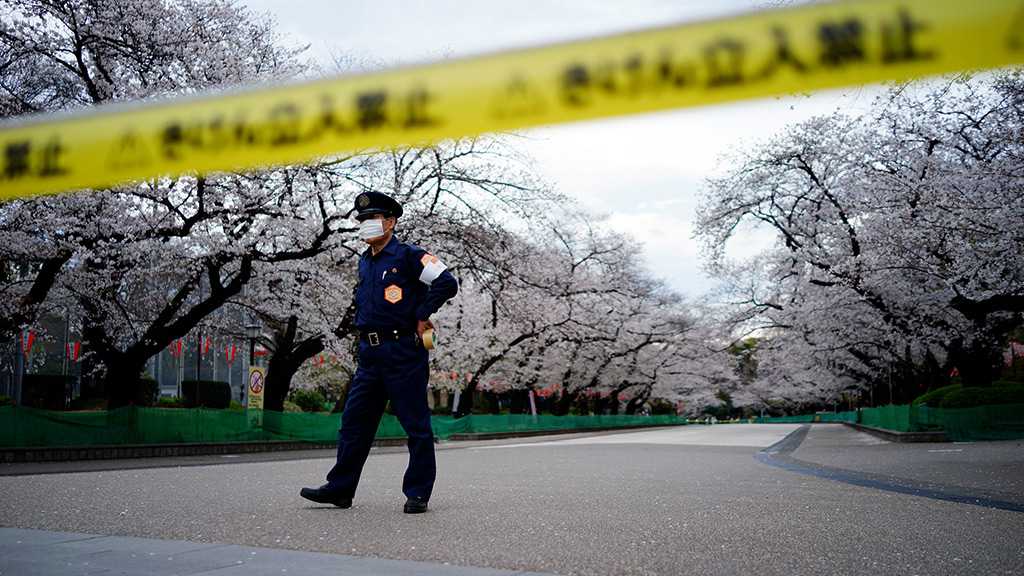
By Staff, Agencies
Japan’s prime minister, Shinzo Abe, is poised to extend the country’s state emergency until the end of the month, amid warnings that relaxing social distancing advice too early could flood already crowded hospitals with coronavirus patients.
Abe declared a month-long state of emergency in Tokyo and six other prefectures on 7 April, enabling local governors to request that people avoid unnecessary trips outside and that non-essential businesses close.
The measures have since been expanded nationwide, but they are far less restrictive than those introduced in the US and parts of Europe, with no fines or other penalties for those who do not comply.
The restrictions were due to end on Wednesday – the end of a series of public holidays known as Golden Week – but Abe has reportedly decided to extend them on the advice of experts who warned that a second wave of infections could put intolerable pressure on hospitals, particularly in Tokyo.
Abe, who was due to explain his decision at a press conference later Monday, has warned that Japan faces a “drawn-out battle” against the virus.
But media reports said the government could also ease restrictions in some areas, in an attempt to promote limited economic activity. Museums, libraries, parks and other facilities are likely to be allowed to reopen – even in areas such as Tokyo with a comparatively high number of cases – provided preventive measures are in place.
The economic revitalization minister, Yasutoshi Nishimura, has reportedly asked government health experts to propose “a new way of life” that would enable people to resume social and economic activity while preventing a second wave of infections.
Local leaders, however, have voiced concern that infections could spread if people stopped socially distancing and started moving around again.
While the number of daily cases in Tokyo appears to have stabilized since a peak of 201 on 17 April, experts reportedly believe the apparent slowdown in the capital and other areas does not warrant a relaxation of restrictions.
The number of coronavirus cases in Japan stood at 15,789 on Sunday, according to public broadcaster NHK, with 549 deaths. Those figures include 712 infections and 13 deaths linked to the Diamond Princess cruise liner, which was quarantined in Yokohama, near Tokyo, in February.
Japan has been criticised for conducting a comparatively low number of Covid-19 tests – 1.3 per 1,000 people, compared with 12 in South Korea and 18 in the US, according to figures compiled by Our World in Data.
It has tested only those showing consistent symptoms of the virus in an attempt to relieve pressure on hospitals, but that approach has made it more difficult to identify, trace and isolate people who may be asymptomatic or who are displaying only mild symptoms.
A study using antibody tests among people in Tokyo’s densely populated Shinjuku ward indicated that nearly 6% of people could have been exposed to the virus, the Tokyo Shimbun newspaper said recently. A study of patients at Keio University Hospital in the capital produced a similar conclusion.
“Japan should have acted faster, locked down and contained in a shorter period of time,” Kenji Shibuya, director of the Institute of Population Health at King’s College, London, said recently. “If this situation continues, for a longer period of time, than that under the lockdown, then not just health care but the economy will suffer more.”
The Golden Week holidays have given an indication of how seriously Tokyoites are taking requests to voluntarily reduce their contact with other people. While some central parts of the capital have been almost empty, suburban shopping areas, parks and out-of-town beaches are still busy. Some pachinko parlors have remained open, despite local authorities’ threats to name them publicly.
According to a recent survey by the Asahi Shimbun newspaper, three-quarters of Japanese said they were going out less than usual, but only just over half felt they were reaching Abe’s target of reducing contact with other people by 80%.
“The message coming from the government is rather mild, apparently trying to convey the need to stay home while prioritising the economy,” said Naoya Sekiya, a professor at Tokyo University who specialises in social psychology and risk communications. “Since people lack a shared sense of crisis, instead of staying home they’re hoping for the best and assuming they won’t get infected.”
Concern is mounting about the damage the outbreak is inflicting on the world’s third-biggest economy, which was heading for recession even before the crisis. Foreign tourism – a key component of Abe’s economic policy - has plummeted by as much as 90%, while in another blow the virus’s global spread has forced the postponement of the Tokyo Olympics.

